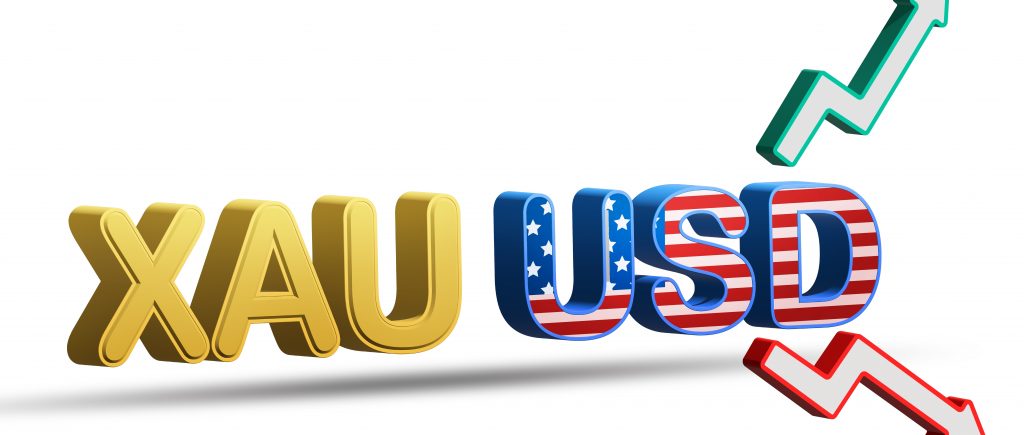Gold prices, down 0.08% at $3,322.945 after reaching a daily high of $3,347.68, hold steady above the $3,300 support level as markets balance improving US-China trade relations with rising geopolitical tensions. The cautious trading reflects anticipation for the upcoming US Consumer Price Index (CPI) data, which could shape the Federal Reserve’s interest rate path and influence both the US Dollar and gold.
US-China Trade Talks Boost Sentiment
Progress in trade discussions between US and Chinese officials in London has lifted risk appetite, supporting US equities and stabilizing the US Dollar. Treasury Secretary Scott Bessent, Trade Representative Jamieson Greer, Commerce Secretary Howard Lutnick, and China’s Vice Premier He Lifeng have signaled headway, with expectations of eased US export controls and increased Chinese rare earth exports. These minerals, vital for technology, defense, and green energy sectors, could ease US supply chain pressures. However, China’s exports to the US dropped 35% year-over-year in May, the steepest decline since February 2020, highlighting the urgency of these talks.
Geopolitical Risks Provide Gold Support
Despite trade optimism, geopolitical concerns limit gold’s downside. Tensions over Iran’s nuclear program have escalated, with Iranian lawmakers alleging a US-Israel “nuclear trap” and former President Donald Trump warning of military action if Tehran advances uranium enrichment. These risks, coupled with Russia’s territorial claims in Ukraine, reinforce gold’s safe-haven appeal. Should tensions intensify, prices could challenge resistance at $3,350, potentially climbing toward $3,400 or the April high of $3,500.
CPI Data Looms Large
Wednesday’s CPI release is set to steer market direction. Headline inflation is forecasted to rise to 2.5% year-over-year in May from 2.3%, with core CPI expected to increase to 2.9% from 2.8%. Stronger-than-anticipated data could solidify expectations of sustained high interest rates, bolstering the US Dollar and weighing on non-yielding gold. The CME FedWatch Tool shows a 54.7% probability of a 25-basis-point rate cut in September, but robust inflation might push back easing. Friday’s Nonfarm Payrolls, surpassing estimates with 139,000 jobs added, already eased pressure for immediate rate cuts, signaling a robust labor market that supports the Federal Reserve’s cautious stance on monetary policy easing.

 Noor Trends News, Technical Analysis, Educational Tools and Recommendations
Noor Trends News, Technical Analysis, Educational Tools and Recommendations




